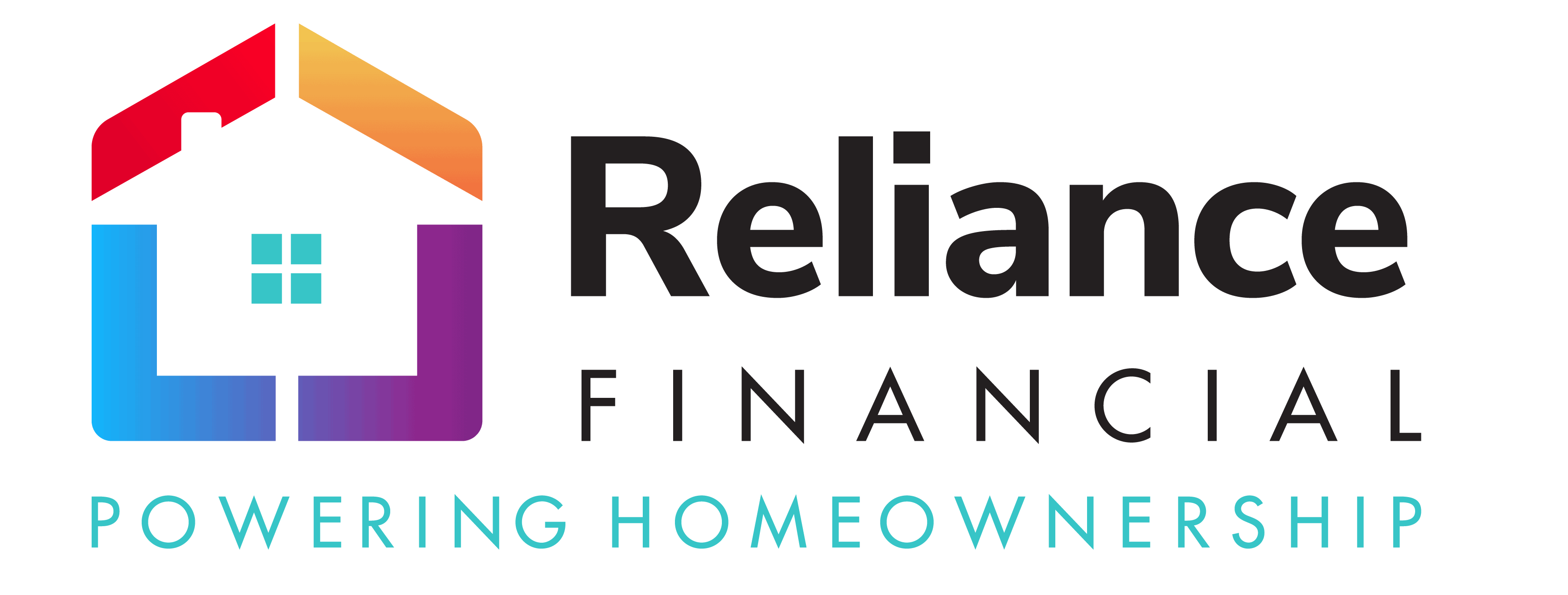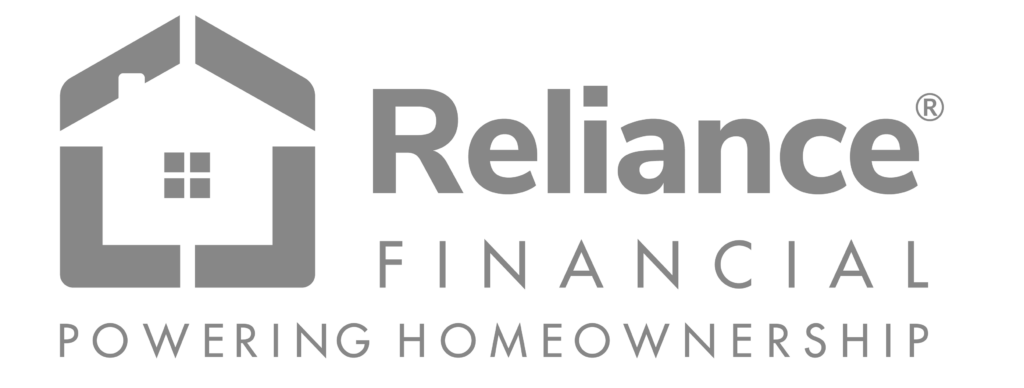The excitement of buying a home often starts with the big news, but when it is time to begin the process, many first-time homebuyers feel overwhelmed and unsure of where to start. One of the very first and most important steps is getting pre-approved for a mortgage. Preapproval means a lender reviews your financial information, such as your credit score, debt-to-income ratio, savings, income, and more, to estimate how much you can borrow and what your potential monthly payments might be. It is a crucial step that gives you a clear picture of your budget and helps you shop for homes with confidence.
Getting pre-approved is one of the most important steps every home buyer should take. It helps you allocate your finances and resources properly. This process also reassures the lender of your genuine interest in purchasing a property. In this detailed guide, we’ll discuss how to get Preapproved For A Mortgage. Stay tuned.
What Does It Mean to Be Preapproved For A Mortgage?
Mortgage pre-approval is a lender’s conditional commitment to provide you with a loan up to a certain amount. During the pre-approval process, the lender evaluates your financial situation, including your income, credit score, assets, and debts, to determine how much you may be eligible to borrow. This assessment is based on both self-reported and verified financial information.
Keep in mind that a pre-approval is typically valid for a limited time (usually 60 to 90 days). After it expires, you will need to reapply and update your financial information.
How is Mortgage Pre-Approval Important?
Mortgage pre-approval is most important in the homebuying process, as it firstly estimates the overall loan amount, and after that, it is important because:
- Set a realistic budget
- Make you competitive
- Speeds up closing
- Gives interest rate insights
Step-by-Step Guide to Get Preapproved For A Mortgage
Step-by-step guide on getting pre-approved for a mortgage is shared:
Check Your Credit Score
Lenders first consider your credit score when evaluating your mortgage application. If your score is high, you are more likely to receive a lower interest rate. On the other hand, if your credit score is low, the lender may either deny your loan application or offer you a loan with a higher interest rate. That is why it’s important to check your credit score in advance before applying for a mortgage.
Evaluate Your Finances
After reviewing your credit score, the lender will examine your debt-to-income (DTI) ratio, which reflects the portion of your monthly income that goes toward debt payments. Ideally, your DTI should be below 43%. A higher DTI may reduce your chances of loan approval or result in a higher interest rate.
Gather Required Documents
After reviewing your credit score, the lender will examine your debt-to-income (DTI) ratio, which reflects the portion of your monthly income that goes toward debt payments. Ideally, your DTI should be below 43%. A higher DTI may reduce your chances of loan approval or result in a higher interest rate.
- Government-issued ID proof
- Recent pay stubs
- W-2Forms
- Bank statements
- Tax returns
- Proof of assets
- Information about debts
Shop Around for Lenders
After adhering to the required documents, shop in the market and research multiple lenders. Always note one thing that never chooses the first lender; always shop and compare multiple lenders after selecting the best one.
Submit Your Applications
During the pre-approval process, the lender evaluates your complete financial profile to determine your ability to repay the loan. This includes a hard credit check, which can slightly impact your credit score. That’s why it’s important to maintain a high credit score before applying.
Wait For Review
After applying, the underwriting team of lenders will evaluate everything about your financial condition. For this process, it may take a few days or weeks, and after that will see you results.
Receive your Pre-Approval Letter
Now, get your pre-approved letter from the lender. This letter is valid for 60-90 days. Renewal is also available for pre-approval if you want more time.
Tips to Improve the Chances of Getting Pre-Approved
If you want better rates and get the best mortgage loan, then you should consider the following tips that will help you to improve the pre-approval application:
- Boosts Your Credit Score
- Save for a larger down payment
- Lower your debt-to-income ratio
- Keep steady employment
- Avoid major purchases
What Common Mistakes Should You Avoid While Submitting for Preapproved For A Mortgage
Some mistakes can stop you from getting pre-approval, so never make the mistake of committing these errors:
- Not checking the credit score
- Directly approach one lender
- Overestimating the loan amount that you can afford
- Making big financial changes during the loan process
- Ignoring the pre-approval expiring date
Final Thought
In this detailed guide, we have covered the mortgage pre-approval process and the key steps to help you secure the best possible rate. We have also highlighted common mistakes that many homebuyers make during the loan process. If you are planning to get pre-approved, be sure to consider the tips provided by Reliance Financial.
FAQ about Preapproved For A Mortgage
Q. Can I extend the pre-approval period?
Answer: Yes, in many cases, lenders allow you to extend the pre-approval period, as the major period is about 60-90 days, and after that, you can renew on the basis of your current financial situation.
Q. Is there any fee for forgetting a pre-approved loan by the lender?
Answer: No, there is no fee for getting pre-approved by the lender. You just follow the steps and get the pre-approval letter.
Q. Can I get a pre-approved loan with a bad credit score?
Answer: Yes, many lenders allow you, but it is more challenging than ever. Multiple lenders specialize in offering loan services to those who have a low credit score. But with a bad credit score, you may face:
- High interest rate
- Stricter condition
- Larger down payments
Q. What benefits can we get from pre-approval?
Answer: You can get numerous benefits from pre-approval, such as:
- You can know the exact budget before the loan starts
- Increase credibility with the seller
- Faster closing process
- Protection against a sudden hike in interest rates
- peace of mind
Q. What should I do if the lender denied me pre-approval?
Answer: If the lender denied you to get pre-approval, then always consider the following:
- Ask the lender about the reasons for the denial
- Improve credit score
- Apply from a different lender









